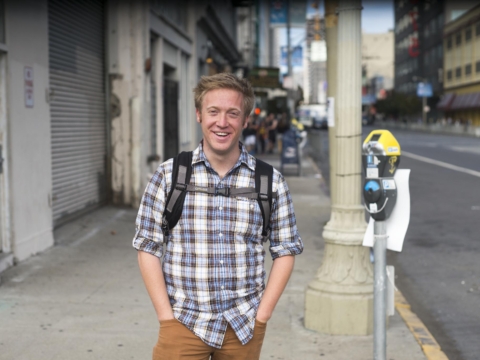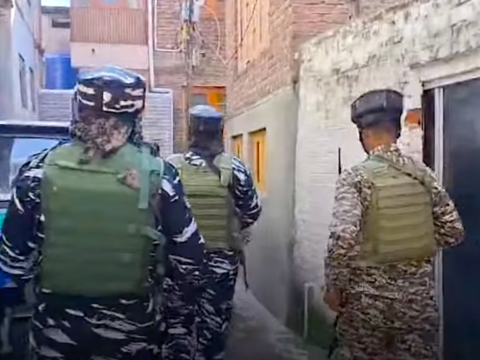WASHINGTON (Diya TV) — The Supreme Court’s decision on Wednesday to consider whether former President Donald Trump can face prosecution for alleged interference in the 2020 election injects immediate uncertainty into both the legal and political landscape
While setting a course for a quick resolution, the court’s decision throws into question whether Trump’s case could go to trial before the November election. Scheduled arguments in late April and a potential decision by the end of June offer an accelerated timeline, but the practicality of scheduling and concluding a trial before the election remains uncertain, especially with early voting in some states beginning as early as September.
Trump’s legal team has sought to delay any trial until after the election, underscoring the paramount importance of the trial date to both sides. Prosecutors aim to bring Trump to trial this year, while defense lawyers have been pushing for delays in his criminal cases
The timing of a potential trial hinges on the speed of the justices’ ruling. The court has shown it can act swiftly, as evidenced by past cases like the Watergate tapes decision in 1974. However, the legal issue at stake—whether former presidents are immune from prosecution for actions taken during their tenure—remains untested, adding complexity to the case
Lower courts have rejected Trump’s assertion of absolute immunity for actions taken while in office, setting the stage for the Supreme Court’s intervention. The court’s ruling could establish precedent on the extent of presidential immunity, shaping future prosecutions against former presidents
The implications of the Supreme Court’s decision extend beyond legal proceedings. Trump’s potential trial close to the election could have significant political ramifications, affecting his ability to campaign against President Biden if he secures the GOP nomination. Prosecutors argue that delaying the resolution of the charges threatens the public interest in a speedy and fair verdict, while Trump’s legal team contends that holding a trial during the election season would disrupt his campaigning efforts.
As the legal battle unfolds, the Supreme Court’s decision looms large, with potential implications for both the legal landscape and the upcoming election cycle.



